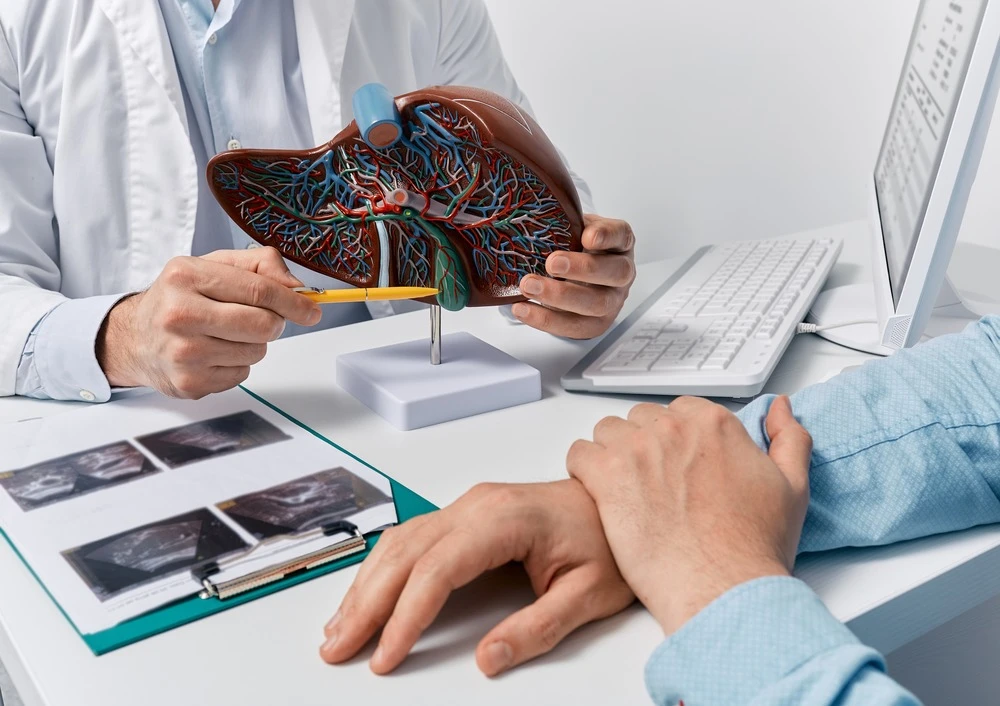Hepatitis C

Hepatitis C:
Diagnosis, Treatment, and Support Information
What is hepatitis C?
Hepatitis means inflammation of the liver. There are many kinds of hepatitis, some of which can spread, while others can’t. The hepatitis C virus (HCV) does spread and can lead to lifelong liver diseases, including chronic hepatitis, cirrhosis, liver failure, and liver cancer.
Hepatitis C spreads through exposure to the blood of an infected person. This is most likely to occur if you use a contaminated needle, for example, sharing intravenous drug needles, having a tattoo or body piercing, or exposure to infected acupuncture needles.
Other ways you can catch hepatitis C include:
-
Needle-stick injuries in hospital
-
Sharing personal care items like razors
-
Having sex without a condom
-
Historical blood transfusions (blood now undergoes screening for HCV)

What are the symptoms of hepatitis C?
Most people don’t notice significant symptoms when they first contract hepatitis C. It’s only when they develop liver disease years later that the symptoms become more apparent.
These symptoms often include flu-like problems such as fatigue, nausea, vomiting, diarrhea, and sore muscles and joints. Other symptoms include:
-
Tenderness in the upper right abdomen
-
Jaundice (yellowing skin)
-
Abdominal swelling
-
Itching
-
Dark urine
When the hepatitis C virus enters your body,
it travels through your bloodstream to your liver and causes inflammation. Your liver tissue becomes swollen and irritated, and over time, scar tissue (fibrosis) replaces the inflamed liver tissue.
As your liver develops more scarring, it becomes less able to perform its vital functions. After many years of damage, your liver might stop working, causing serious and potentially life-threatening health problems.

How is hepatitis C treated?
Treatment for hepatitis C used to involve taking a combination of interferon and ribavirin for up to 12 months. However, thanks to recent research, there are now direct-acting antiviral medications that can clear the virus from your body in 8-12 weeks.
These new medications produce better results and cause fewer adverse effects as well as making treatment faster and easier. The exact prescription you need depends on the genetic composition of the hepatitis C virus in your system, your general health, and what other treatments you’ve had.
You might also require treatment for liver damage. Your provider at Digestive Disease Consultants of Orange County assesses the health of your liver during the diagnostic process to see how much damage there is and what treatment you require.
To take advantage of the new, improved treatment options for hepatitis C, call Digestive Disease Consultants of Orange County today or book an appointment online.
